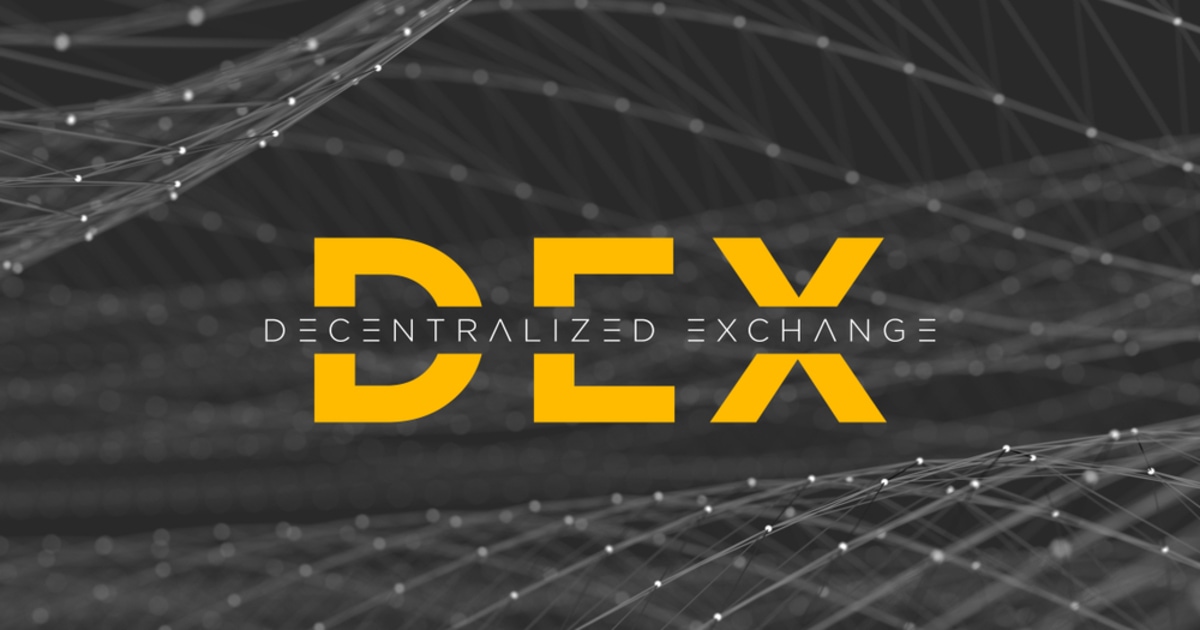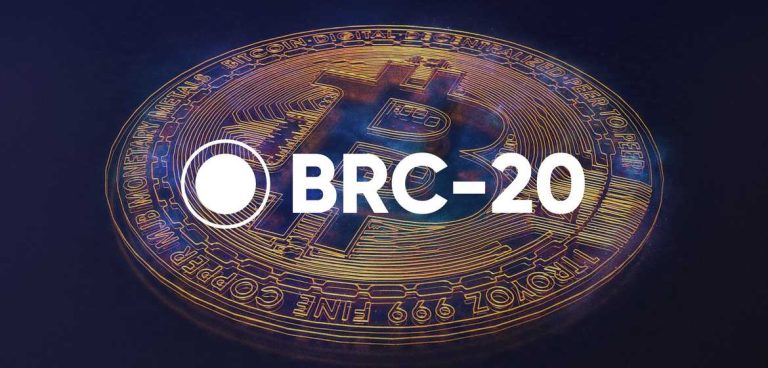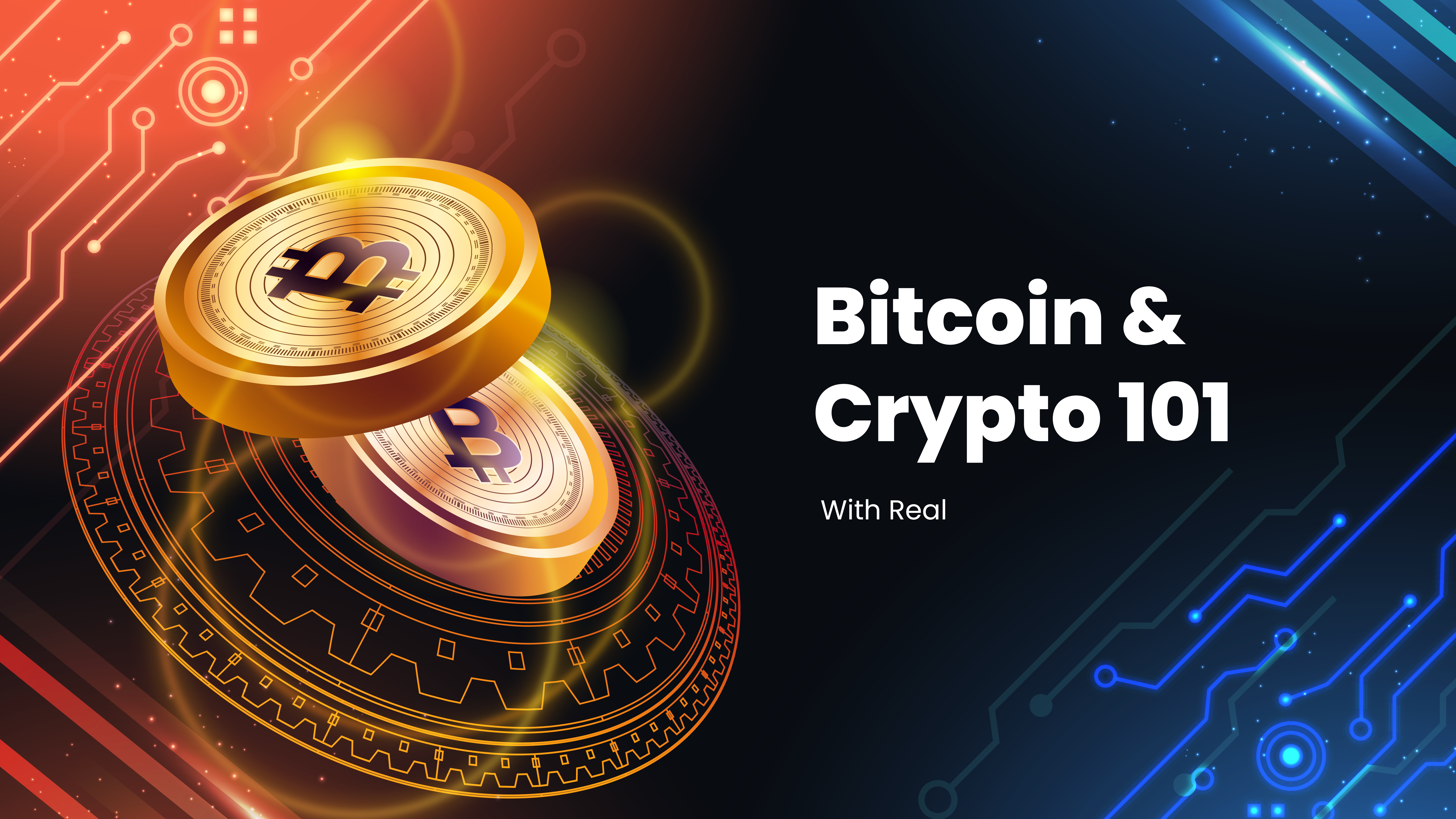What are Decentralized Exchanges
A decentralized exchange is a peer to peer (P2P) marketplace that connects cryptocurrency buyers and sellers. Examples of DEXs include Uniswap, PancakeSwap, dYdX, and Kyber.
How to use a Decentralized Exchange
Using a decentralized exchange does not involve a sign up process, as you do not even need an email address to interact with these platforms. Instead, traders will need a wallet compatible with the smart contracts on the exchange’s network. Anyone with a smartphone and an internet connection can benefit from the financial services offered by DEXs.
To use DEXs, the first step is to decide which network a user wants to use, as each trade will incur a transaction fee. The next one is to choose a wallet compatible with the selected network and fund it with its native token. A native token is the token used to pay for transaction fees in a specific network.
Wallet extensions that allow users to access their funds directly in their browsers make it easy to interact with decentralized applications such as DEXs. These are installed like any other extension and require users to either import an existing wallet through a seed phrase, or private key or create a new one. The security is further enforced through password protection.
These are installed like any other extension and require users to either import an existing wallet through a seed phrase, or private key or create a new one. The security is further enforced through password protection.
These wallets may also have mobile applications so traders can use DeFi protocols on the go, as they come with built in browsers ready to interact with smart contract networks. Users can synchronize wallets between devices by importing from one to the other.
After picking a wallet, it will need to be funded with the tokens used to pay for transaction fees on the chosen network. These tokens have to be bought on centralized exchanges and are easily identifiable through the ticker symbol they use like ETH for Ethereum. After buying the tokens, users simply have to withdraw them to wallets they control.
It is crucial to avoid moving funds to the wrong network. Therefore, users must withdraw their funds to the correct one. With a funded wallet, users can either connect their wallet through a pop-up prompt or click the “Connect Wallet” button on one of the upper corners on the website of DEXs.
How to Buy Crypto on a DEX
First, note that different DEXs come in different designs and functionalities, depending on their intended functions and objectives. The functionality of your DEX also depends on the type of Web3 development platform you use to create your marketplace. So, choose a developer that meets all your crypto investment and exchange needs. Fortunately, there are numerous Web3 developers that you can use, including the OpenDEX Platform—an open-source platform that enables crypto investors and developers to create their own DEXs.
Also, note that some cryptocurrencies can only be purchased using other cryptocurrencies on DEXs. For instance, if your DEX is based on the Ethereum network, you must first buy Ethereum to use it to buy the decentralized crypto assets you wish to buy. This transaction requires a self hosted wallet.
Steps you need to follow when buying crypto on a DEX platform
-
Downloading Your Self Custody Wallet: You can find many reliable self-custody wallets on the internet or Google Play Store. These wallets come in mobile apps or browser extensions. So, if it is an app, download it from a safe source.
-
Giving Your Wallet a Username: When you set up your crypto wallet, you will be required to give it a name to make it easier for other crypto traders to send you funds. Although you can hide your username, you will need to set up your crypto wallet.
-
Storing Your Recovery or Security Phrase: Most digital wallets will provide you with a secret security or recovery phrase that you can use to access your wallet or recover your account when you forget your password. This is usually a twelve-digit phrase. No one else should know this. So, ensure it is securely stored away from the reach of other people.
-
Buying Ethereum: Use your wallet to buy ETH. The process of transferring ETH to your self-custody wallet is simple, whether you are using a mobile app or a browser extension wallet. If your account is linked to the wallet, you can transfer the funds directly.
-
Buying Crypto Tokens: If you are using a mobile app wallet, you can buy the crypto tokens you need right in the app. You just tap on the Trade tab and swap ETH for the token. Tap on the “Choose Coin” tab and choose the crypto token you wish to buy. Then, choose the amount of ETH you want to exchange. Confirm the order and follow the instructions on the screen to complete the transaction.
You can put your Money in a Decentralized Exchange through a Hot Wallet
Hot Wallet: A hot wallet is a cryptocurrency wallet that is always connected to the internet and cryptocurrency network. Hot wallets are used to send and receive cryptocurrency, and they allow you to view how many tokens you have available to use.
Cold Wallet: A cold wallet is used offline for storing bitcoins or other cryptocurrencies. With a cold wallet, also originally known as cold storage, the digital wallet is stored on a platform not connected to the internet, thereby protecting the wallet from unauthorized access, cyber hacks, and other vulnerabilities that a system connected to the internet is susceptible to and to use the cryptocurrency you have in cold wallet, you need to transfer them to your hot wallet.
Pros of Decentralized Exchanges
-
Enhanced Security: DEXs eliminate the need for users to deposit their funds into a centralized exchange, reducing the risk of hacks and theft.
-
User Privacy: Users retain control over their private keys and trading activity, ensuring greater privacy and anonymity.
-
Reduced Counterparty Risk: DEXs operate through smart contracts, minimizing counterparty risk as trades are executed directly on the blockchain.
-
Global Accessibility: DEXs are accessible to anyone with an internet connection, promoting financial inclusion.
-
Wide Range of Tokens: DEXs often list a vast array of tokens and trading pairs, allowing users to access a diverse set of assets.
-
No KYC Requirements: Many DEXs do not require Know Your Customer (KYC) verification, offering users a more seamless onboarding process.
Cons of Decentralized Exchanges
-
Limited Liquidity: Decentralized exchanges often suffer from lower liquidity compared to their centralized counterparts, which can result in wider spreads and potentially unfavorable prices for traders.
-
Slower Transaction Speeds: Due to the decentralized nature of these exchanges, transactions can be slower, particularly during periods of high network congestion, impacting the user experience.
-
Limited Asset Selection: DEXs may not support as many cryptocurrencies as centralized exchanges, limiting users’ choices for trading and diversification.
-
Learning Curve: Decentralized exchanges can be more complex for newcomers, requiring a deeper understanding of wallets, private keys, and blockchain technology.
-
Vulnerability to Front-Running: Some DEXs may be susceptible to front-running attacks, where traders with advanced knowledge can manipulate transactions for personal gain.




